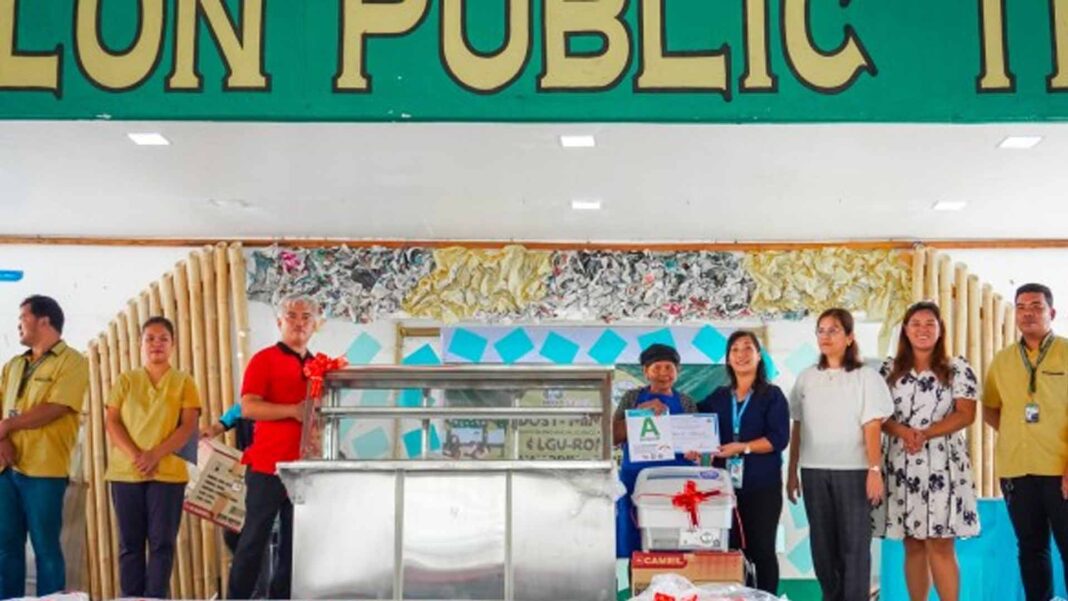The Provincial Science and Technology Center (PSTC) here under the Department of Science and Technology (DOST) is intensifying its efforts to promote safe food preparation practices among local restaurants and small food businesses.
In an interview on Thursday, Marcelina Servañez, DOST-Romblon provincial S&T director, said a Food Establishment Inspection and Grading System (FEIGS) was successfully piloted recently in the municipalities of Odiongan and Romblon, aimed at enhancing food safety, especially for the growing number of tourists visiting the province.
Servañez said the project involves the distribution of specialized equipment which ensures good sanitation and prevents food spoilage in small restaurants and ambulant food vendors.
She said the FEIGS program was piloted in the two most populous towns of Romblon province because these are also the centers of commerce and tourism here.
It is hoped that through the program, food-borne diseases can be prevented, allowing government funds that would otherwise be allocated for health services to be used in livelihood projects instead, Servañez said.
“Our efforts are intended to help customers decide where best to eat. This is also a reaction to the fact that more visitors are coming to Romblon. We want to ensure that everyone is served clean and safe food… so, we are really encouraging local food businesses to comply with health standards,” she said in Filipino.
Servañez added her office has also organized a “food safety team” which is made up of DOST employees in the province with the help of some professors from the Romblon State University.
The FEIGS program is part of the DOST’s broader Small Enterprises Technology Upgrading Program (SETUP).
May Angelica Famini, a science research specialist at the DOST-PSTC, said 15 eateries in Odiongan (small restaurants) and several ambulant food vendors in Romblon took part in the FEIGS pilot.
Famini said that before a range of food service equipment was distributed for free to the participating food businesses, their owners were first required to undergo three months of food safety training, for which they were graded and evaluated accordingly.
“They were given grades ranging from “A” to “D” depending on how well they performed during the training. Their establishments were also inspected thrice… the first two inspections were announced, the last was a surprise inspection,” she told the Philippine News Agency (PNA).
The top 10 eateries to receive the highest scores were given food warmers-holders worth PHP77,000 each, according to Famini.
All participants were given utensil sterilizers worth PHP4,200 each, as well as food safety compliance apparel kits, which included aprons and hair nets, among other items, she added.
Meanwhile, Famini said ambulant participating food vendors were given stainless steel food carts that were designed to keep food clean and fresh.
She said the food safety initiative was pioneered by DOST-Caraga and adopted in May 2023 by DOST-Mimaropa. (PNA)



